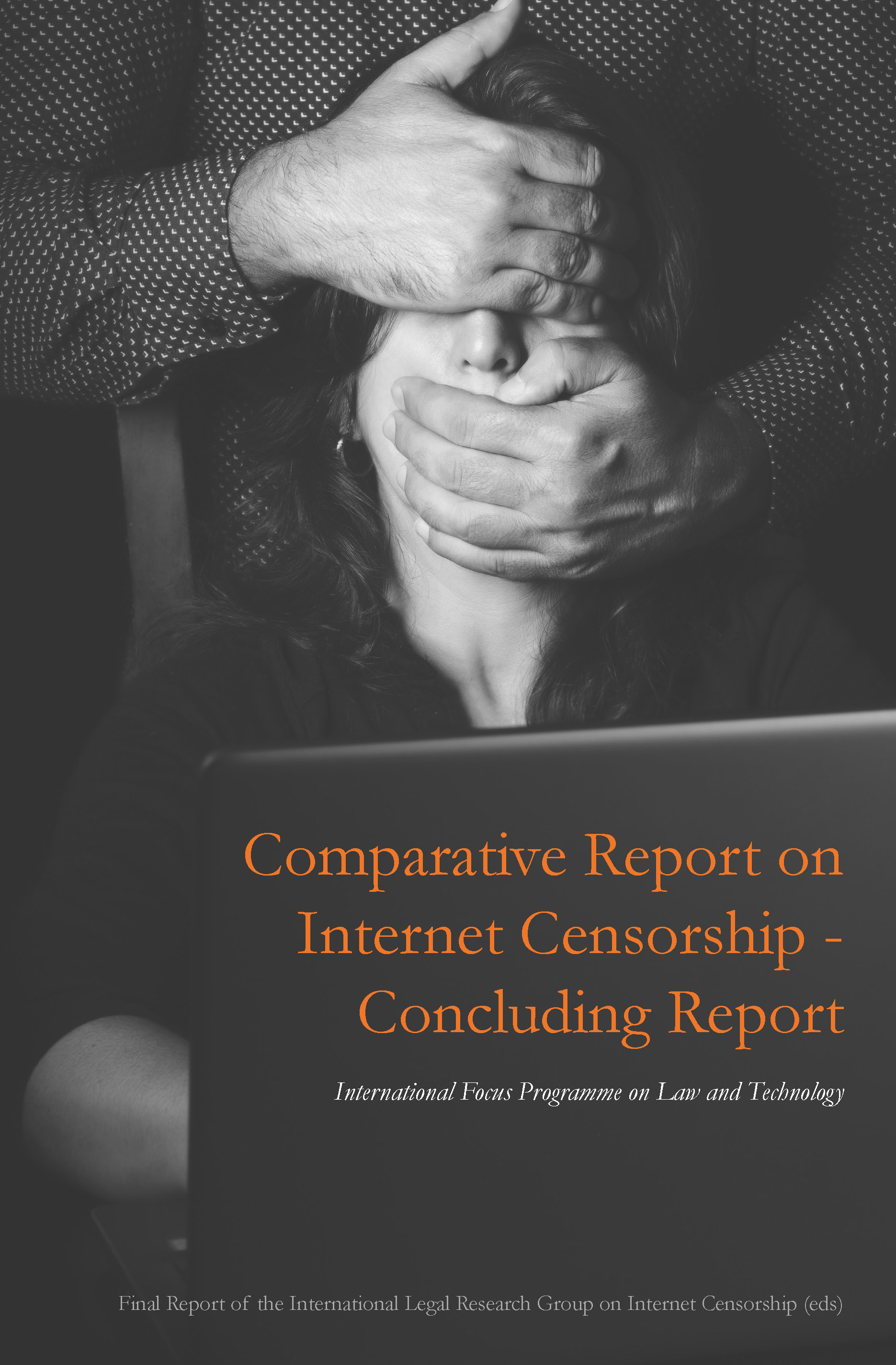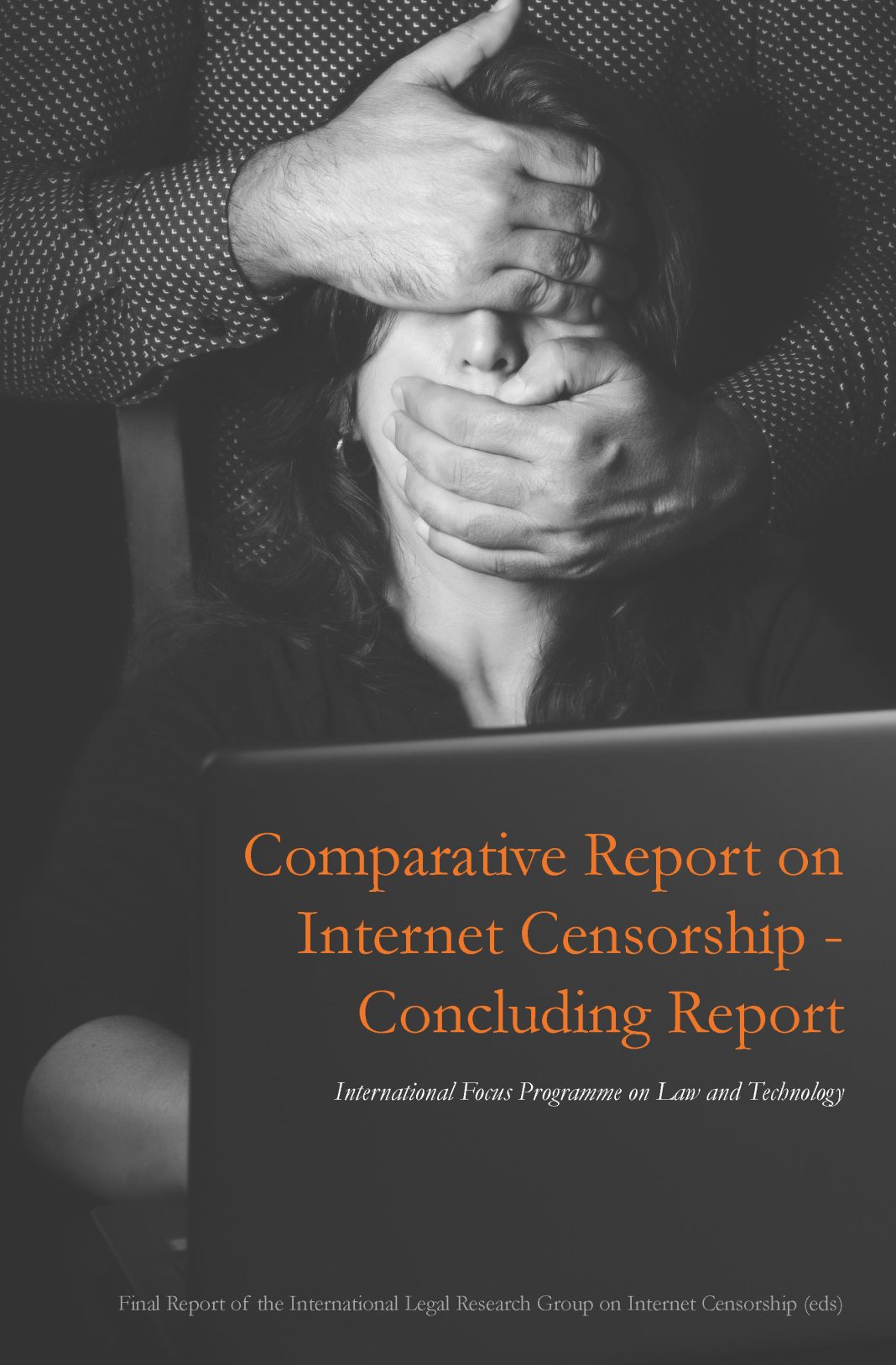 The Knife Attack and the Call for Internet Censorship
The Knife Attack and the Call for Internet Censorship
Introduction:
Two recent knife attacks in Perth, both seemingly motivated by religion, have sparked a familiar reaction – a demand for increased censorship of the internet. This knee-jerk response to acts of violence is not only ineffective but also poses a threat to individual rights. While some conservatives are also advocating for this approach, it is important to consider the potential consequences and the erosion of civil liberties that may result.
The ‘Do Something, Anything’ Mentality:
The urge to take immediate action in the face of violence is understandable. However, history has shown that hasty decisions made under the pressure of public outcry often lead to unintended consequences. Instead of addressing the core problems that fuel religiously motivated intercommunal violence, a rush towards internet censorship will only erode the rights of ordinary citizens.
The Proposed Solution:
The likely scenario is that sweeping new powers will be granted to tackle “online hate” or “online radicalization.” These powers will be entrusted to a new government agency or an existing agency with expanded authority. The head of this agency will likely be an academic, lawyer, consultant, or public servant who aligns with the fashionable opinions of the elite. The agency will determine what content gets censored or not, under hastily passed laws supported even by so-called conservatives.
The Consequences of Censorship:
Predictably, the powers of this new department will disproportionately target center-right viewpoints. While online hate preachers and expressions of hatred towards certain groups continue unabated, conservatives who fail to comply with the latest rules on gender identity or immigration will find themselves at risk of having their social media accounts banned. This results in a chilling effect on free speech and stifles dissenting opinions.
The Problem with Internet Censors:
To effectively address the issue of online hate, it is crucial to have neutral arbiters who can objectively apply rules without bias. However, universities no longer prioritize critical thinking or viewpoint diversity. Graduates who possess such skills are not sought after in academia, public service, or Big Tech companies – the very entities that would likely recruit internet censors. This lack of diversity in the pool of potential censors raises concerns about the fairness and neutrality of their decisions.
The Precedent Set by Section 18C:
Australia’s experience with anti-racial vilification rules provides a cautionary tale. Section 18C of the Racial Discrimination Act, introduced with the intention of curbing hate speech, has been used to target conservatives like Andrew Bolt, Bill Leak, and Pauline Hanson. It has had little effect on hate preachers or bigoted views expressed on university campuses. This demonstrates how well-intentioned laws can be weaponized against those with dissenting opinions.
The Bias of Regulatory Agencies:
Political bias within regulatory agencies is a global problem. Protests by groups like Black Lives Matter, pro-Palestinian demonstrators, and radical climate change activists often face minimal consequences, while critics of COVID-19 lockdowns or individuals engaged in silent prayer in front of abortion clinics are disproportionately targeted and face severe repercussions. This ideological bias within key institutions, including universities and the public service, undermines trust in regulatory actions.
Addressing the Core Problem:
Before considering censorship as a solution to online radicalization, it is imperative to address the bias within key institutions and ensure that objectivity and fairness prevail. The problem of online radicalization should not overshadow the need to tackle the ideological bias prevalent in universities and the public service. Only by addressing these foundational issues can we effectively address the challenges posed by online extremism.
Conclusion:
Calls for increased internet censorship in response to religiously motivated violence may seem like a quick fix, but they risk undermining individual rights and failing to address core problems. Rushed decisions made under pressure often lead to unintended consequences. To combat online radicalization effectively, it is crucial to ensure neutral arbiters and address the ideological bias within institutions. Only then can we strike a balance between protecting individuals and preserving free speech.

